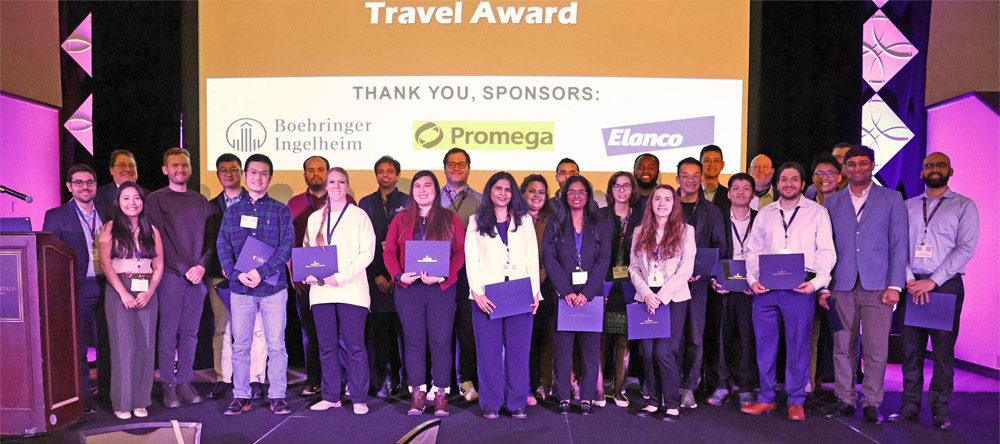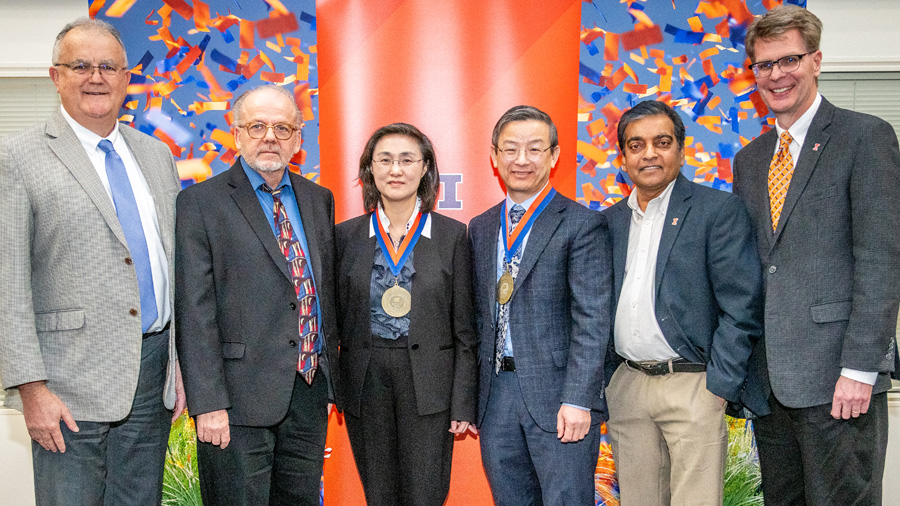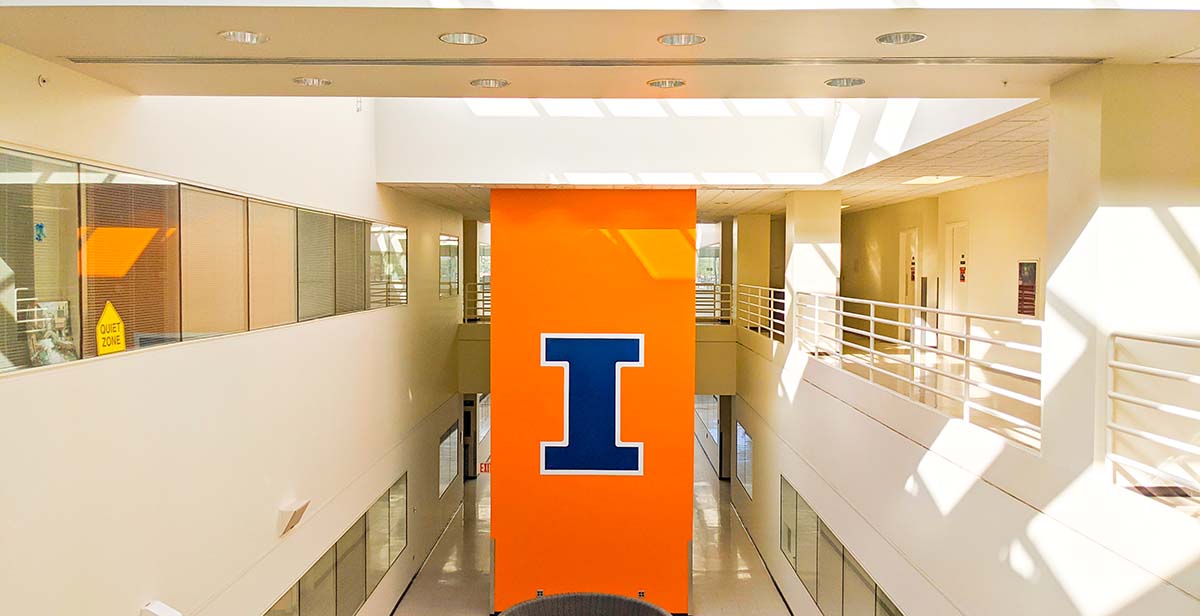A generous grant from the Sally Lorraine Sedlak Vaughan Irrevocable Charitable Trust, a charity based in Springfield, Ill., was recently awarded to the Shelter Medicine Program at Illinois, allowing for further outreach in underserved communities throughout central Illinois. The grant will total more than $500,000 over a three-year period.
Headed by Dr. G. Robert Weedon, the shelter medicine program puts the University of Illinois’s land-grant mission of education, research, and outreach into practice every day. The overarching goal of the program is to prevent pets from being relinquished to shelters, and the program has achieved tangible results over its seven-year history.
The mission of the Illinois program aligned well with the goals of the granting organization, whose leaders issued the following statement: “The Trust is grateful for this opportunity to work with Dr. Weedon and the College of Veterinary Medicine. Sally Vaughan’s intention in creating the Trust was to advance the health, protection and well-being of household animals, as well as education, and we feel that the Shelter Medicine Program at Illinois fulfills all of those objectives in a meaningful way.”
Until now, the primary focus of the shelter medicine program had been the sterilization of shelter animals. The attention-getting orange mobile unit acts as an on-the-go operating room, traveling to lower-income communities within an hour of Champaign. Veterinary students serve on two-week rotations and gain valuable experience in efficient sterilization procedures and proper care of shelter animals.

With the new funding, shelter medicine will launch what Dr. Weedon refers to as the Sally Vaughan Community Medicine Program. Veterinary students will additionally provide wellness services and education on preventive health care for pet owners who cannot afford mainstream veterinary care—and who typically do not seek out veterinary services.
“Our goal is to educate these owners on what their pets need in terms of veterinary care. If they don’t have access to mainstream care, they have no way of knowing. We aim to give them resources within their community where further preventive health care can be accessed when needed,” said Dr. Weedon.
The community medicine program will encompass vaccinations, dental care, heartworm screenings, and overall wellness exams. The program will partner with neighboring communities to make the services as accessible and affordable as possible for pet owners of limited means.
The expansion is another sign of the robust growth of the shelter medicine program. When it started in 2011, only one or two veterinary students served per rotation. During the first year of service, 1,003 sterilization surgeries were performed; in the most recent year, 4,800 pets were sterilized, and four to five students participated in each rotation.
The grant money will allow for even more students per rotation, allowing more opportunities for future veterinarians to receive extensive hands-on experience treating and operating on shelter animals. The funding will also allow for a second intern veterinarian to assist surgeries, as well as a second certified veterinary technician to oversee examinations.
—Emily Luce




